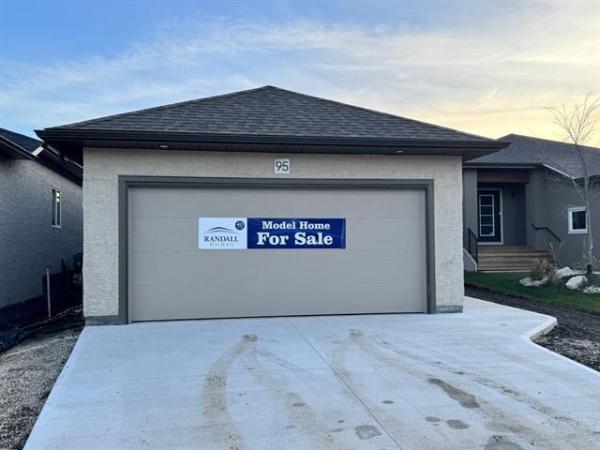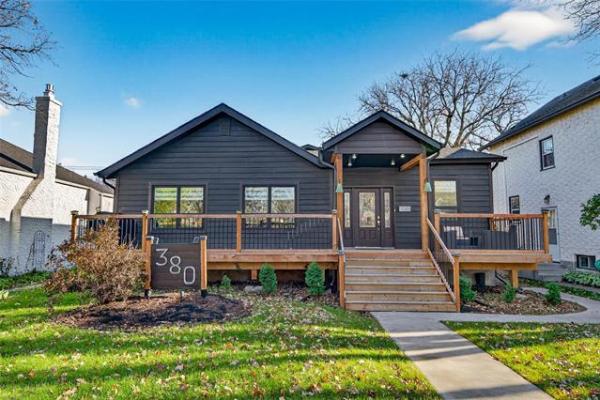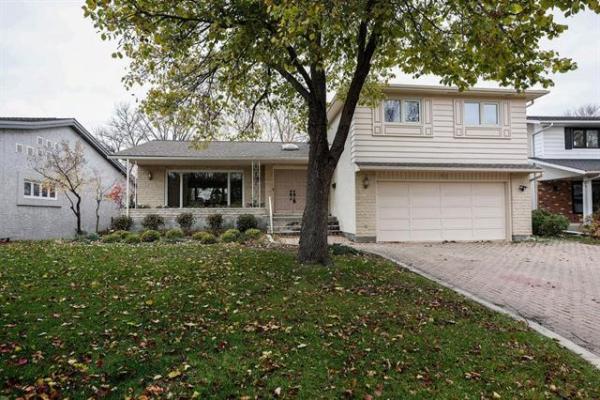

If you're remodelling or designing a kitchen from scratch, you can be sure counters will eat up a healthy chunk of your budget.
There are many options, with varying price points, in the marketplace. Some are shiny, heavy and pricey, including colourful granite, while soapstone and concrete create a subdued impression that's more country than urban glam. There are fragile performers and the almost indestructible laminates that should be the solution for busy families where knives nick and tear.
Often, you can end up with a combination of surfaces in one kitchen, meaning it's important to know what best suits your lifestyle and budget. We spoke to kitchen-design companies to understand the pros and cons of various surfaces.
Here's what we found:
Quartz/engineered stone
When you walk into Ottawa's Deslaurier Custom Cabinets, you get an edgy sense of design when feasting your eyes on a spectacular European-inspired kitchen of customized bamboo cabinetry and a slick winter-white quartz counter.
Engineered stone is composed of crushed quartz particles that have been combined with polymer resins and pigment. It's uniform in colour and pattern, which is great for those looking for a clean finish. It's also available in a wide range of colours.
The look is different. It's more of a solid, speckled finish, versus some of the stones that have a grain, says co-owner Jim Deslaurier, adding it's easy to maintain, without the annual sealing required by natural stone. Some brands on the market include Cambria, Silestone and Caesarstone.
Pros: It is stain- and scratch-resistant, easy to care for, and manufacturers usually include a warranty.
Cons: Expensive to fix if chipped or cracked.
Cost: $50 to $100 per square foot, installed.
Granite
Granite is right up there with quartz, and is the top material of choice if budget is not an issue. The popularity of this surface has skyrocketed, and the fact that it boosts a property's resale value doesn't hurt, either. This material is a rock with naturally occurring variations in colour and pattern. While it does hold up to heat, experts suggest using a protector to avoid any problems. Some warn the counter may crack if a hot object is placed near a weakened area or hidden fissure, or if the counter has not been installed properly.
Pros: A wet cloth cleans this surface easily. It has the second-highest hardness rating after diamonds.
Cons: Requires some maintenance, including a sealer. Some stone absorbs stains if not sealed, and knives can become dull if you cut on it.
Cost: $55 to $200 a square foot, installed.
Laminates
Laminate counters, made of plastic-coated synthetics, are manufactured by several companies, including Formica, Nevamar, and Arborite. They've come a long way over the past decade, and boast thousands of looks, including textures similar to leather, marble and granite.
Laminate today is not the laminate of even 10 years ago, says Aviva Ben-Choreen, a designer with Laurysen Kitchens Ltd. There are new textures, there are new colours. It's no longer just a fine polka-dot, or something that looks like granite, says Ben-Choreen. You can now get things that look like slate, feel like slate. There are some really beautiful and wild colours available.
Pros: Cost-efficient, easy to clean and available in a variety of colours.
Cons: Scratches and chips are difficult to repair, seams show, end finishing and front-edge choices can be pricey.
Cost: $25 to $70 a square foot, installed.
Wood or butcher block
Wood countertops offer a beautiful, warm look and are available in a wide range of colours and finishes. Maple is often the wood of choice because of its colouring. Wood is used as an accent piece, especially with island counters having multiple sections, says Deslaurier.
You can have a special prep area where you can put a solid maple block and use it for a cutting board. That being said, people have drifted away from wood cutting blocks, because it's been proved that they can hold bacteria, versus the stones and different substances that you can cut on now.
Pros: Easy to clean and season with vegetable oil. It can be sanded and resealed as needed.
Cons: May stain over time. Can be damaged by water and is sensitive to heat.
Cost: $30 to $125 per square foot, installed.
Stainless steel
This contemporary material is heat-resistant and can be installed with a seamless finish. Stainless steel is popular with those wanting an industrial look. It's often used as backsplash or accent piece. We'll do an island or part of an island, and maybe all the prep area around the stove in steel, says Deslaurier.
Pros: Easy to sanitize. Takes hot pans without marking.
Cons: It does scratch and may dent, adding to the industrial look.
Cost: $100 to $200 a square foot.
Marble
This surface exudes class. However, because of the high cost, it's not often used throughout an entire kitchen.
To get the luxurious look, Marie-Eve Beaudoin of Poirier Kitchens suggests using it on an island or as an inset at a baking centre or nook for pastries and desserts.
You see it a lot in magazines, because it is very beautiful, Beaudoin says, adding they don't install it often in kitchens because it stains easily.
Pros: Elegant, waterproof and heatproof.
Cons: Porous, stains easily unless professionally sealed, can scratch.
Cost: $50 to $200 per square foot, installed.
Concrete
If you want counters with a unique shape, concrete may be a good choice, since it can be formed into any mould. They're often cast right in the kitchen, which Deslaurier says makes the installation a more complicated process. He says this material is not as popular as granite or quartz right now. When he does sell it, it's usually to someone who knows exactly what he wants.
"When we sell concrete, it's because somebody walks in and says, 'I want concrete,' and that's it."
Pros: Heat- and scratch-resistant, can be colour-tinted, looks exotic. Additives reduce porosity, custom-formed with a modern appeal.
Cons: It can crack without proper treatment. It can appear cold and industrial. It is porous, but can be sealed.
Cost: $80 to $120 a square foot, installed.
-- Canwest News Service



